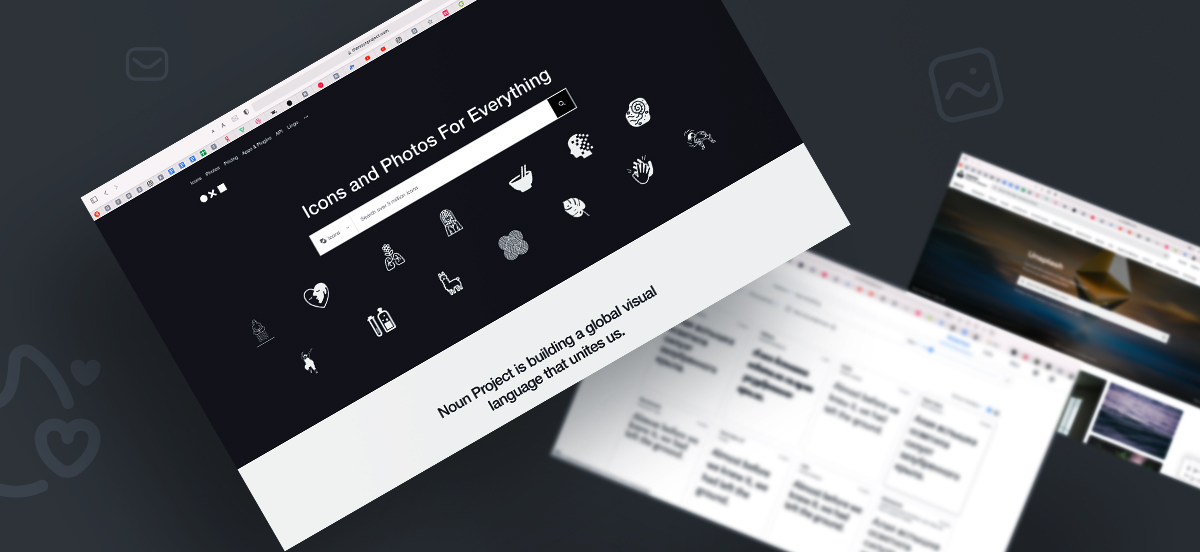Our colleagues from Grintern help Russian students get junior positions in American startups. We asked them to prepare a short guide on how to properly get ready for such interviews.

1. Learn everything you can about the company and its founder
Study the founder’s LinkedIn profile, the company blog, media articles, social media — everything you can find. Startups usually have 2 to 15 people. Roles aren’t as fixed as in large companies — things change daily, and employees are expected to adapt and take on new tasks as needed. That’s why founders care so much about shared values and mission. You need to understand what the company does and be able to demonstrate that in conversation — it will definitely earn you points.

2. Be mindful of cultural differences
In a foreign interview, you probably won’t be bombarded with job questions right away. Most likely you’ll hear something like, “heeeey, how are you doing?”. Don’t be afraid to spend a minute on light conversation to break the ice. Being able to engage in small talk and accept compliments is important.
A common awkward moment: the interviewer says, “Thank you very much for completing the test assignment, I was really impressed!”, and the candidate replies, “Okay.” Learn a few casual phrases like “my pleasure” — it sounds much nicer and helps you feel more at ease. And of course — smile! Not smiling at an American interviewer is almost like not showing up at all. A small team wants someone who can do the work *and* be enjoyable to interact with.

3. Prepare your personal pitch
Don’t skip this — you’ll be asked to talk about yourself in 95% of interviews. And it’s often the first question. So don’t count on improvising. Also, if they already greeted you with “Hi, Darya!” and they have your résumé in front of them, don’t start your pitch with, “As you already know, my name is Darya.” Avoid stating the obvious or irrelevant facts like, “I’m 24 and from Siberia.” Your age is on your résumé, and Siberia is only relevant if you're applying to protect Siberian forests.
We work only with international companies, mainly Silicon Valley startups. One of the most common mistakes is saying something like “I recently graduated from HSE / MSU / RANEPA”. People outside Russia don’t know these abbreviations or how good the universities are. If you mention your university, add one or two sentences explaining what it is and why you’re proud to have studied there. Mention international rankings like Forbes, Financial Times, QS, etc.
Same goes for your work: if you were doing SMM for VK and Telegram, remember — only you know what that means. Always explain anything Russian-specific. Watch some extra prep videos, outline your pitch, tailor it for the job, and rehearse until it sounds smooth and confident — like you didn’t even prepare. And yes — smile :)

4. Make sure your tech setup won’t fail
Most likely your interview will be online. Make sure your internet connection is stable (and be ready to switch to mobile data if needed), your lighting is good, and you have headphones to avoid echo. Check what your camera shows — a neutral background or a virtual one is best. Be online at least 10 minutes early — Murphy’s Law is real.
.jpg)
5. Use the STAR method
Review the job requirements and prepare examples where you showed the required qualities. STAR stands for:
Situation, Task, Action, Result.
Example: You were part of a student project organizing Spain Day. You ran out of piñatas — it could’ve turned into chaos. But overnight, you got a team together, invented a simple method, and made 50 piñatas. They were a hit, and the event got over 100 positive reviews.
That’s how you describe the context, problem, actions, and result. Recruiters expect this structure. Even if the founder doesn’t, it helps them understand how you behave and solve problems — and how you’d fit in their team.

6. Prepare questions to ask
At the end, you’ll have a chance to ask your own questions. Prepare things you genuinely want to know. There's no one-size-fits-all list, except maybe for the "admin stuff" — contract, schedule, salary, etc. Saying “I don’t have any questions” makes it seem like you’re not that interested. But don’t force fake questions either — they’re easy to spot.
If you truly got all your answers during the conversation, say something like, “Thanks, I had some questions, but you’ve already answered them.” Still, we recommend doing research on the company or founder to find something to ask. You’re speaking to an interesting, successful person — surely you’re curious about something?
Authors: Darya Stranadko, Kristina Zhdan
.jpg)